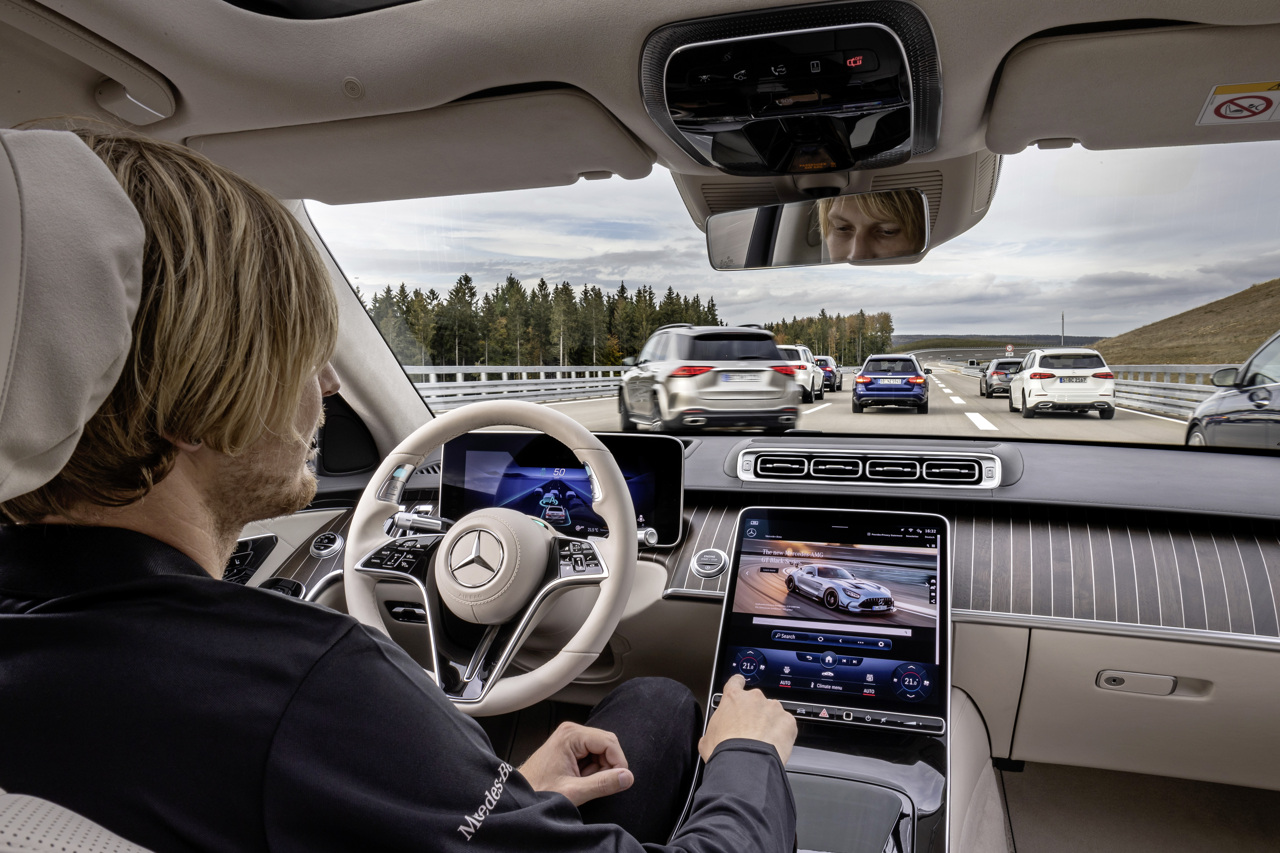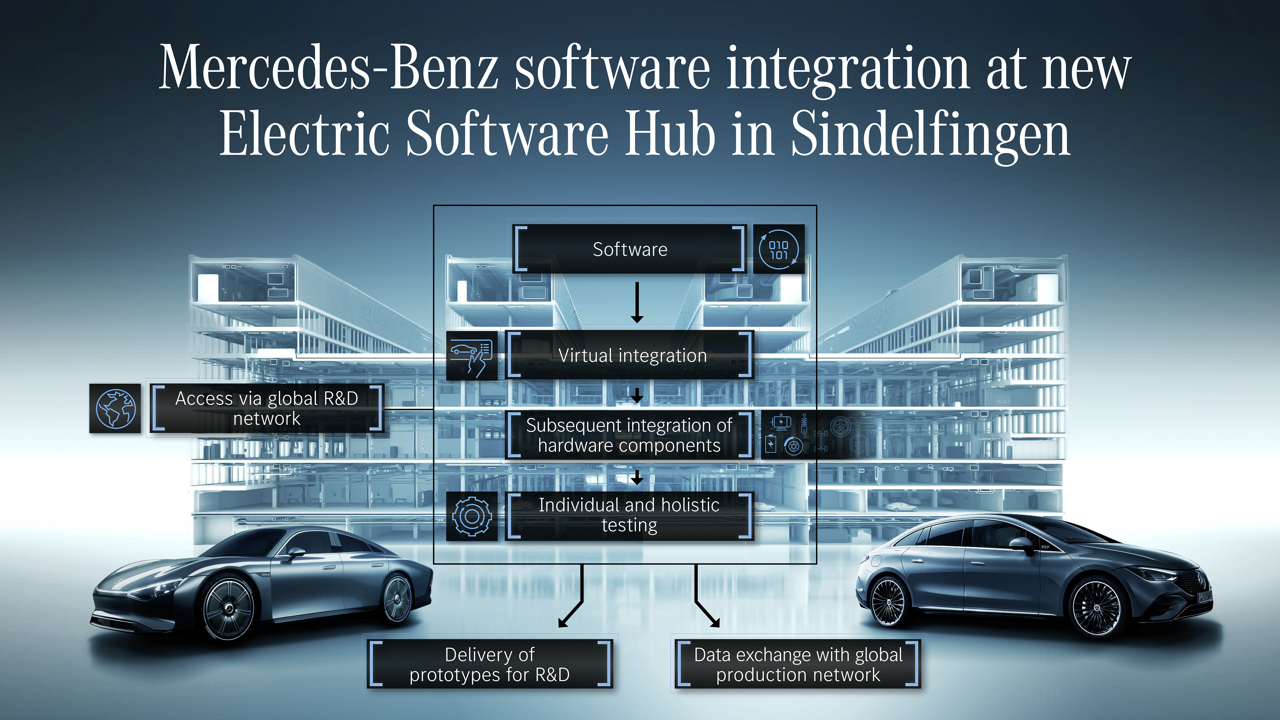Mercedes-Benz Opens €200 Million Software R&D Center in Sindelfingen
Mercedes-Benz has officially opened its €200 million software research and development (R&D) center at the Mercedes-Benz Technology Center (MTC) in Sindelfingen, southern Germany. The R&D center aims to accelerate Mercedes-Benz’s transformation towards intelligence and electrification, integrating software, hardware, and testing work into one organization to enhance cross-functional collaboration across all departments.
Mercedes-Benz aims to produce only electric vehicles from 2025 onwards. In terms of software and hardware integration for electric vehicles, the Sindelfingen R&D center will accelerate the transformation from basic research to complex projects.
The Sindelfingen plant is expected to create approximately 1,000 software development-related job positions, with an additional 2,000 job opportunities across Mercedes-Benz’s global R&D network.
Markus Schäfer, a member of the Board of Management of Mercedes-Benz AG, said:
“This electrification and software development center is a critical pillar of our research and development and is closely connected to our global production sites. The new R&D center will contribute to the transformation of Mercedes-Benz research, especially our own MB.OS operating system.”
Apart from Germany, Mercedes-Benz has also established localized R&D centers in China. Recently, Mercedes-Benz established a digital R&D center in Shanghai, which reportedly will focus on mobile connectivity, autonomous driving, and big data research and development. There is currently no information available on the size of the new R&D center. Mercedes-Benz stated that the Shanghai R&D center will attract hundreds of new technology talents.
As a traditional automaker, Mercedes-Benz’s achievements in intelligence remain competitive against new forces. Mercedes-Benz Drive Pilot is the world’s first Level 3 assisted driving system to receive regulatory approval for production. Currently in Germany, this technology is applicable to specific highways and can be activated when the vehicle is moving at a speed of less than 64 km/h.
Mercedes-Benz claims that once the driver turns on its Drive Pilot assisted driving system, the driver will not be legally responsible for the vehicle’s operation before the system prompts the driver to take over.


This article is a translation by ChatGPT of a Chinese report from 42HOW. If you have any questions about it, please email bd@42how.com.
